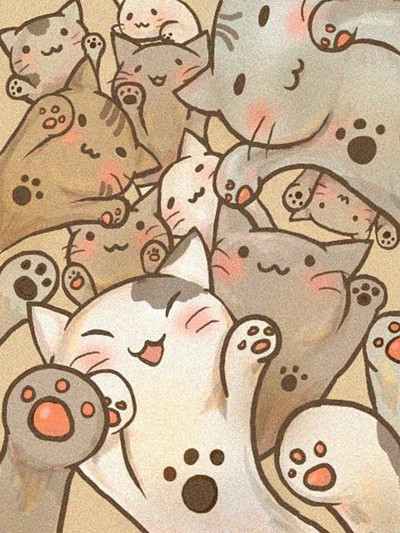1. What is this passage mainly talking about?
2. What have been told to be important to a child's success in life?
3. What sort of kids did better on test?
4. Child experts are now learning that too much can lead to the effect. Praise-holic kids who expect it may become teens who seek to same kind of from friends when asked if they want to go in the backseat of the car.
5. The of saying "You are the prettiest girl in class," or talking about the goals she succeeded but not her effort, is that you love her only when she looks the best, or the most. And this to the classroom.
6. "Praising or abilities makes a promise that success will come to you because you have that , and it devalues effort, so children are afraid to take on , "says Dweck, now at Stanford University.
Background Information 背景信息
赞扬孩子作为一种良好的教育手段,近十年来已被家长所广泛认同和运用。然而,如何赞扬,看似简单易行,其实包含着很多的学问。据调查研究,最低劣有害的赞扬有以下几种:
啧啧!你这书包是名牌!(赞扬物品,只会让孩子滋长虚荣心。)
啊!你拿了全班第一,顶呱呱!(分数最高的,未必就是最优秀的。)
你真聪明!(聪明是先天的,并非一种技能。如此赞扬很容易误导孩子变得懒惰。)
你长的真漂亮!(漂亮是父母所赐,非孩子之功。这是最为低劣的赞扬,它容易使孩子陷入自赏自怜、沉溺无为的境地。)

Words & Phrases 词汇与短语
Words
devalue 贬值,减值
implication 含义,暗示
over-praise 过度称赞,过奖
self-respect 自尊,自重
Phrases
be more likely to 更可能
carry over… 继续,延期至……
overall effort 全部的努力
praised for… 因……被表扬
take on承担,呈现












